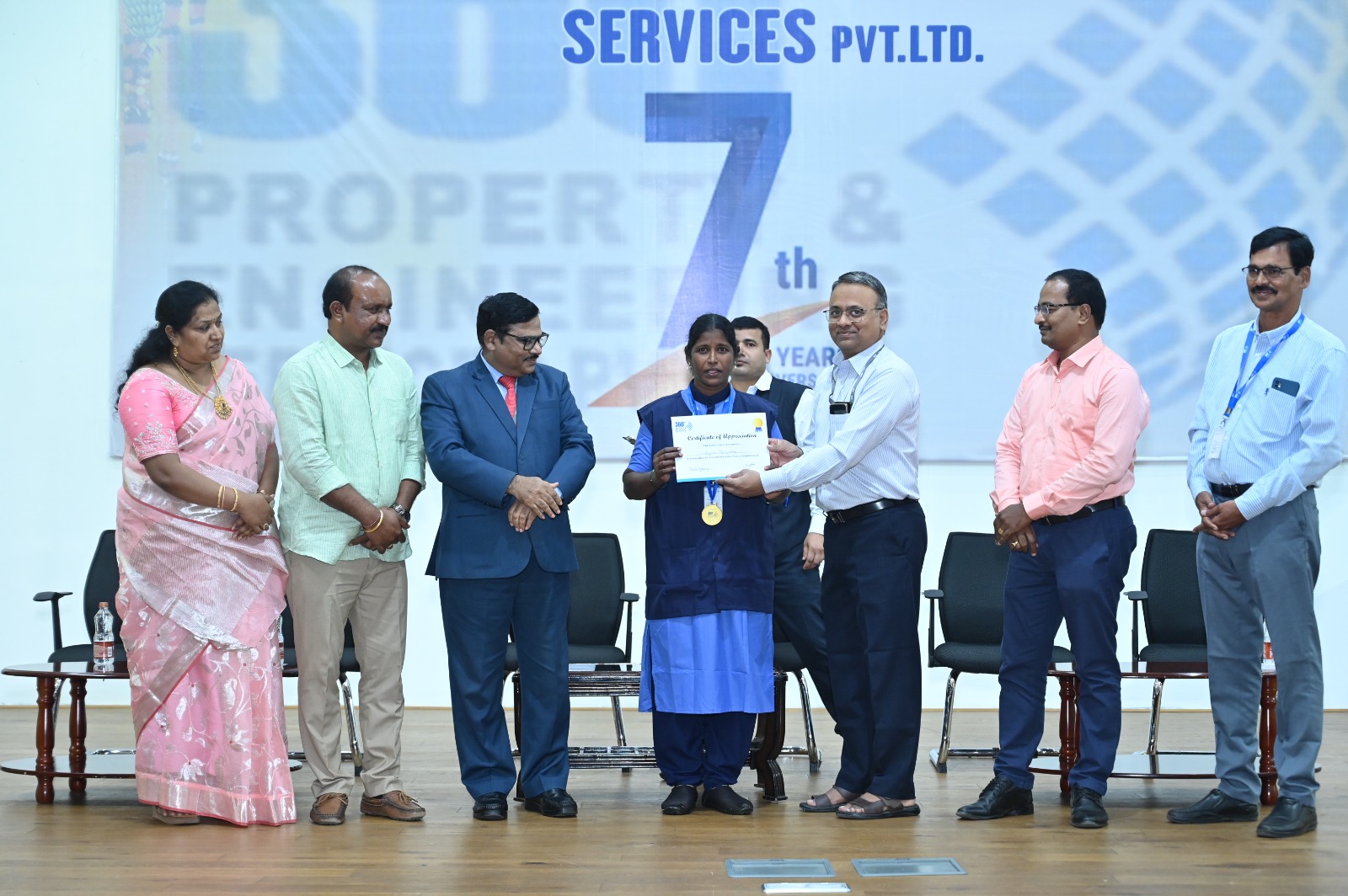Identifying and selecting suitable vendors is a critical step. This involves evaluating potential suppliers based on factors such as their reputation, financial stability, product or service quality, delivery capabilities, and compliance with regulations.

CALL FOR HELP
+91-9989990775
Vendor Management
Shopping Cart
No products in the cart.
Vendor management is the process of overseeing and controlling relationships between an organization and its suppliers or vendors. Effective vendor management is crucial for ensuring that an organization receives the goods and services it needs at the right quality, price, and within specified timelines.
-
01Vendor Selection
-
02Contract NegotiationOnce vendors are selected, negotiations are conducted to establish mutually beneficial terms and conditions. This includes pricing, payment terms, delivery schedules, and service level agreements (SLAs).
-
03Performance MonitoringRegularly assessing and monitoring vendor performance is essential. Key performance indicators (KPIs) may include quality of products or services, on-time delivery, responsiveness, and adherence to contractual terms.
-
04Risk ManagementIdentifying and mitigating risks associated with vendors is important. This could involve assessing the financial stability of a vendor, evaluating their compliance with regulations, and having contingency plans in case of disruptions.
-
05Relationship BuildingBuilding strong relationships with key vendors fosters collaboration and open communication. A positive vendor relationship can lead to better responsiveness to issues and increased flexibility in meeting the organization's changing needs.
-
06Compliance ManagementEnsuring that vendors comply with relevant laws, regulations, and industry standards is crucial. This includes areas such as data protection, environmental regulations, and ethical business practices.



